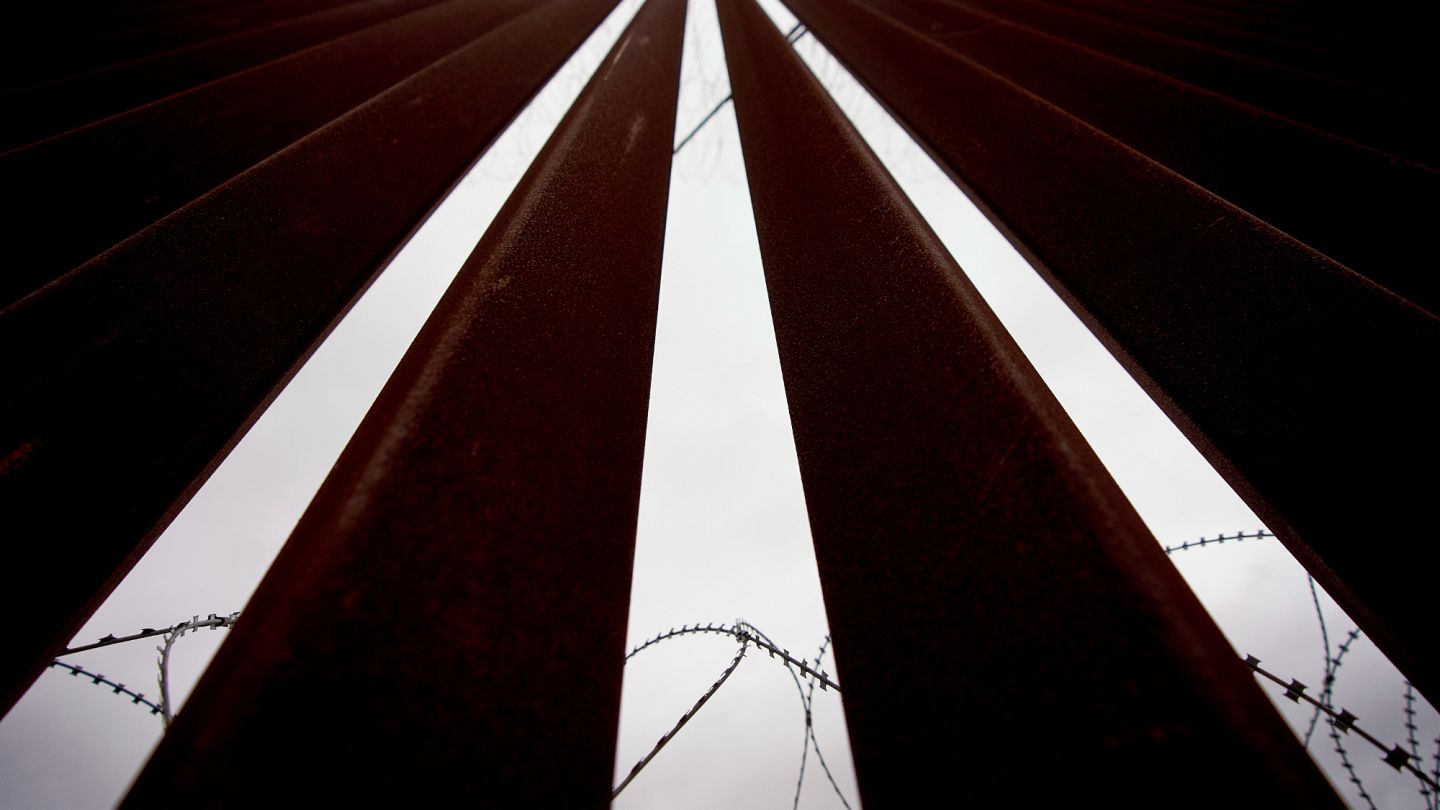Tighter borders and aid cuts could risk greater instability, UN migration chief warns
Amy Pope's comments come as European countries shift towards stricter migration policies, with more funding for expanded deportation efforts and for transit countries to deter migrants.
The head of the United Nations migration agency warned on Thursday that Western nations risk creating greater instability by simultaneously tightening borders and reducing development aid to countries experiencing mass migration.In an interview with the Associated Press, Director General of the International Organisation for Migration (IOM), Amy Pope, said that an approach focused solely on border enforcement without addressing causes of migration was "short-sighted" and could destabilise origin countries further."If you want to manage irregular migration, then you need to make investments in stabilising populations closer to where the migration begins," Pope said."It is short-sighted to cut foreign assistance without identifying alternatives to make sure that populations are not on the move."Pope became the first woman to lead the IOM in 2023 after serving as a White House advisor on migration and homeland security under the Obama and Biden administrations.She spoke to the AP at an international conference in Rome to support Ukrainian reconstruction.Her comments come as European countries shift towards stricter migration policies, with more funding for expanded deportation efforts and for transit countries to deter migrants.The Greek parliament was expected to adopt a proposal on Thursday to suspend asylum applications for all migrants traveling by sea from Libya, following a spike in arrivals.Pope singled out Syria as a concern, cautioning that premature repatriation could prove counterproductive."If Syrians go home too quickly and they’re facing further destabilisation, further conflict, if their children aren’t safe, if their homes are still destroyed and they have nowhere to go, that could actually backfire," she said.Pope noted that tougher US border policies have already created ripple effects throughout Latin America."We're seeing a reversal of the flows. Not only are fewer people coming to the United States and Mexico border, more are actually heading south," she said, raising concerns about capacity and support for countries along alternative migration routes including Panama, Costa Rica and other Central American nations.The IOM chief was supportive of Italy's approach, which combines strict border measures with expanded legal migration channels. Italy plans to provide nearly 500,000 permits for non-EU workers, starting in 2026 and staggered over three years, working with employers to identify labour needs."You can't have enforcement on its own without addressing the pull factors that are encouraging migrants to come," Pope said, calling Italy's strategy an "experiment" worth watching."We encourage other governments to watch what’s happening in this space closely."


